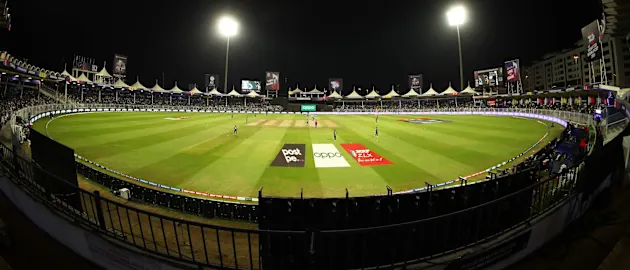Corruption in Women's Cricket

Corruption in the women’s game persists as the sport continues to grow and develop globally, particularly within the expanding franchise league environment. Investigations have revealed grooming of young female players to facilitate fixing. This often begins with seemingly harmless social media friend requests, followed by a prolonged effort in building a friendship. Once a level of trust is gained, sometimes over the space of a few months, the corrupt approach is made.
The risks in the women’s game are much like those in the men’s, particularly in regions where low education levels, limited salaries, weak support systems and a culture of corruption exist. This often applies to Members from vulnerable regions, leaving players in these areas more susceptible to exploitation.
The reporting of approaches from franchise owners and staff is currently exclusive to the men’s game, however, it is almost inevitable that we will see this type of approach in the women’s game as more franchise leagues are organised. While reporting in the wider women’s game has been limited to date, female players are not immune to the threats posed by those wanting to compromise the game.
There has been significant development in the progression of women’s cricket with the inaugural Women’s U19 T20 Asia Cup, hosted in Malaysia, followed by the ICC Women’s U19 World Cup in early 2025 with 16 participating teams, including six Associate Members. In addition to this development, the ICC Board has recently approved a series of women’s Associate Member T20 competitions to boost the competitiveness of Associate Member teams in preparation for the expansion of ICC women’s events in the 2025-2029 calendar.
As the women’s game expands, it is vital that continued education about threats, emerging trends, and associated risks serves as the first line of defence against corruption. Consistent and clear education, paired with robust reporting systems, is essential for disrupting and preventing corrupt activities. While senior female players tend to be more engaged in education briefings, aware of suspicious incidents, and proactive in reporting, additional efforts are being made to ensure U19 and Associate Women cricketers understand the risks and know how to respond effectively.
In addition to intelligence-informed education briefings, current risks to all participants are communicated through concise Alert Notices. These one-page notices aim to reach as many participants in cricket as possible and are sent to all ICC Members via our Domestic Anti-Corruption Units, and ICC regional development teams to ensure players and staff are well-informed and equipped to uphold the integrity of the game.
